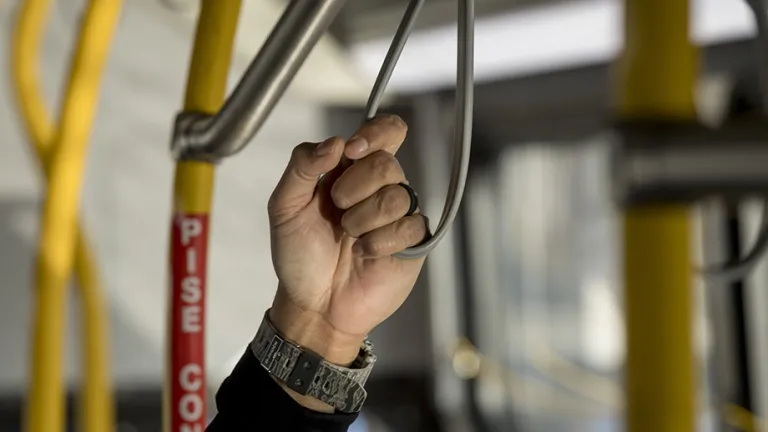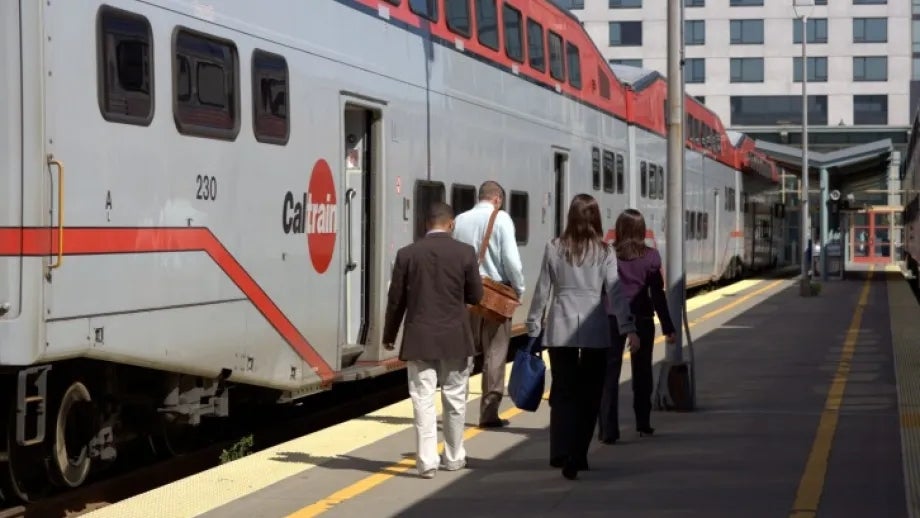Bay Area Transit Ridership Trends Study
Even before the pandemic, transit ridership in the Bay Area was falling. MTC set out to understand why, and how to reverse this trend.
The Bay Area Transit Ridership Trends Study – released in 2020 – explored why transit ridership in the Bay Area had a noticeable drop in 2017 and 2018. Despite a booming economy, the Bay Area lost over 27 million of its annual riders.
MTC partnered with the UCLA Luskin School of Public Affairs to study this trend. The goal was to develop a set of policies and recommendations that could be shared at both the local and regional levels to help make future transit decisions.
Bay Area Transit Ridership Trends Study: Get the full report at the UCLA website.
Bay Area Transit Trends
The report examined Bay Area transit ridership and recognized a few trends:
- The steepest ridership losses have come from buses, at off-peak times and on weekends
- Transit trips in the region are increasingly commute-focused, particularly into and out of downtown San Francisco
- Rising housing costs are likely depressing transit ridership, as more residents live in less transit-friendly parts of the region
- Ridesharing (such as Uber or Lyft) is substituting for some transit trips
Study Findings & Framework
The study determined that regional policymakers should consider broader changes to transportation networks and housing patterns that affect Bay Area transit use.
Other suggestions include:
- Local agencies should work together to integrate regional transit services for seamless mobility
- Increase peak capacity on systems and routes struggling with peak-period crush loads
- Transit agencies should change fare and service policies to help reverse the decline in off-peak and non-commuter trips
- Land use policies should encourage the creation of housing and jobs in transit-friendly districts
Currently the Bay Area has adopted some of these measures, and research on trends continues.
Get metrics, statistics and full details of the Bay Area Transit Ridership Trends Study when you visit the UCLA Institute of Transportation Studies.

After working with a number of Bay Area transit general managers on a scope framework, MTC entered into an agreement with UCLA to undertake the study and develop a set of policy recommendations based on study results.
The study was guided by a Technical Advisory Committee (TAC) made up of planning staff from transit operators. The policy framework recommendations were developed with input from the TAC and transit general managers.
At the January 22, 2020 Metropolitan Transportation Commission meeting, the UCLA project team presented project findings and the policy framework recommendations.

